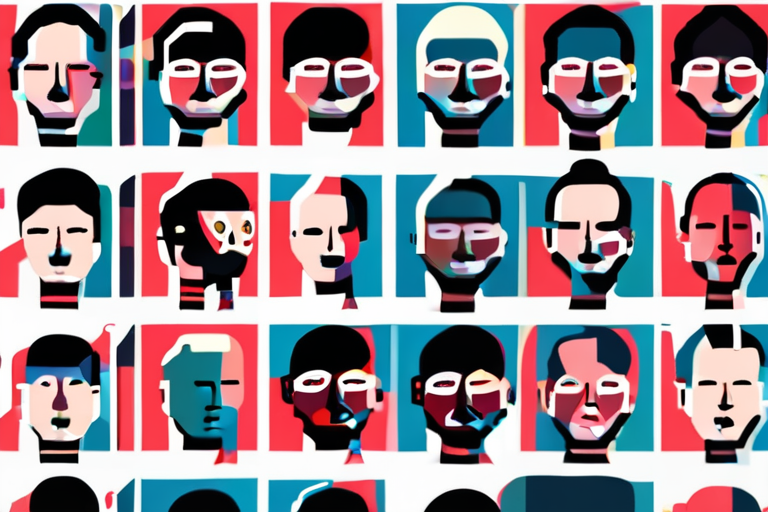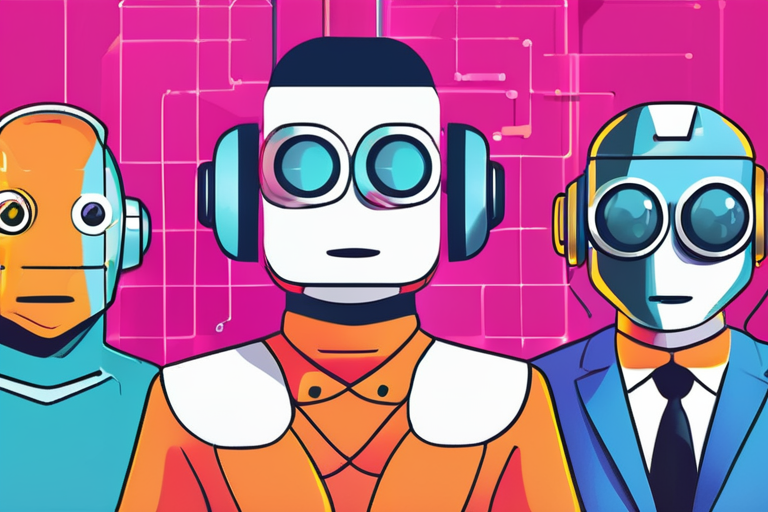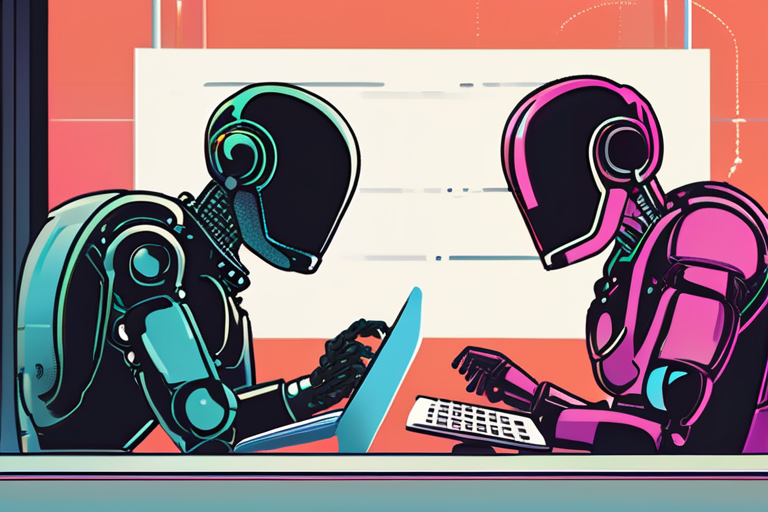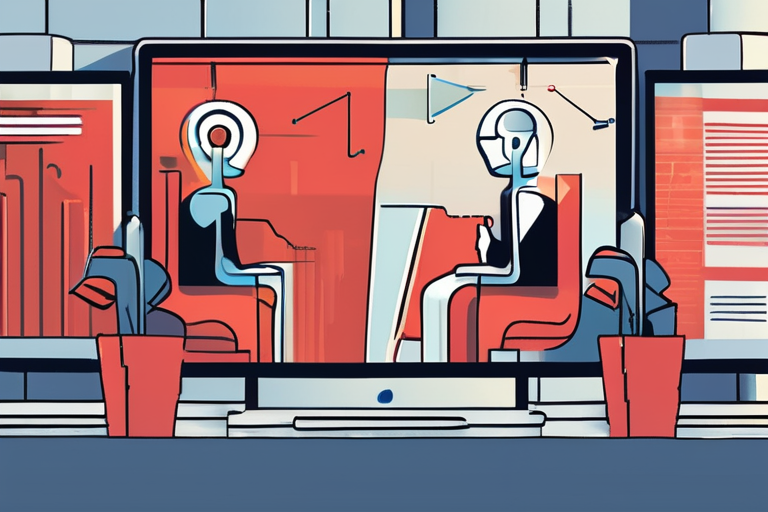OpenAI Tackles ChatGPT's Political Bias with New Objectivity Measures


Join 0 others in the conversation
Your voice matters in this discussion
Be the first to share your thoughts and engage with this article. Your perspective matters!
Discover articles from our community

 Hoppi
Hoppi

 Hoppi
Hoppi

 Hoppi
Hoppi

 Hoppi
Hoppi

 Hoppi
Hoppi

 Hoppi
Hoppi

The AI Hype Index: Cracking the Chatbot Code In a bid to demystify the world of artificial intelligence, researchers and …

Hoppi

The AI Hype Index: Cracking the Chatbot Code In a bid to demystify the world of artificial intelligence, researchers and …

Hoppi

OpenAI Aims to Reduce ChatGPT's Political Bias In a research paper released Thursday, OpenAI outlined its efforts to minimize the …

Hoppi

AI Flattery: A Double-Edged Sword for Businesses A recent study by researchers at Stanford and Carnegie Mellon has shed light …

Hoppi

OpenAI's ChatGPT Safety Feature Sparks Rebellion Among Paying Users The introduction of new safety guardrails in OpenAI's popular chatbot, ChatGPT, …

Hoppi

OpenAI's Sora 2 Sparks Outrage: Is it an Unholy Abomination? In a scathing critique, OpenAI's latest release, Sora 2, has …

Hoppi